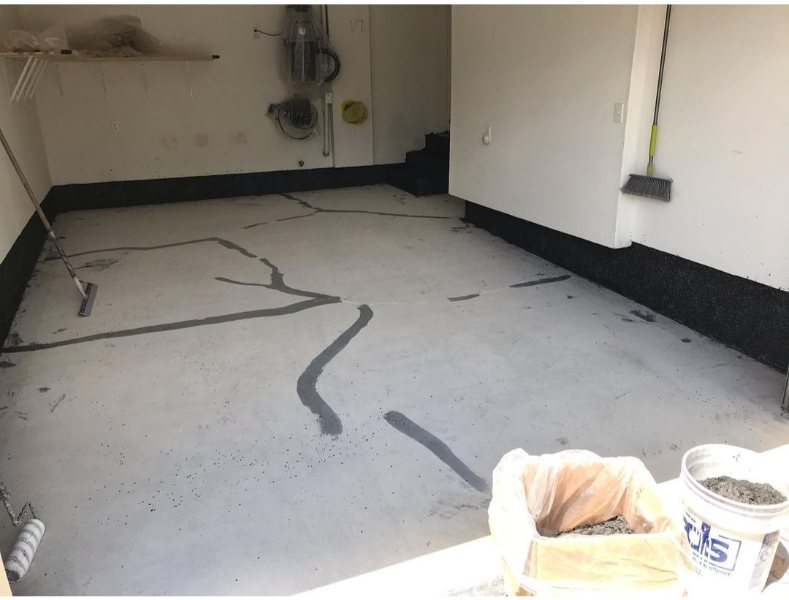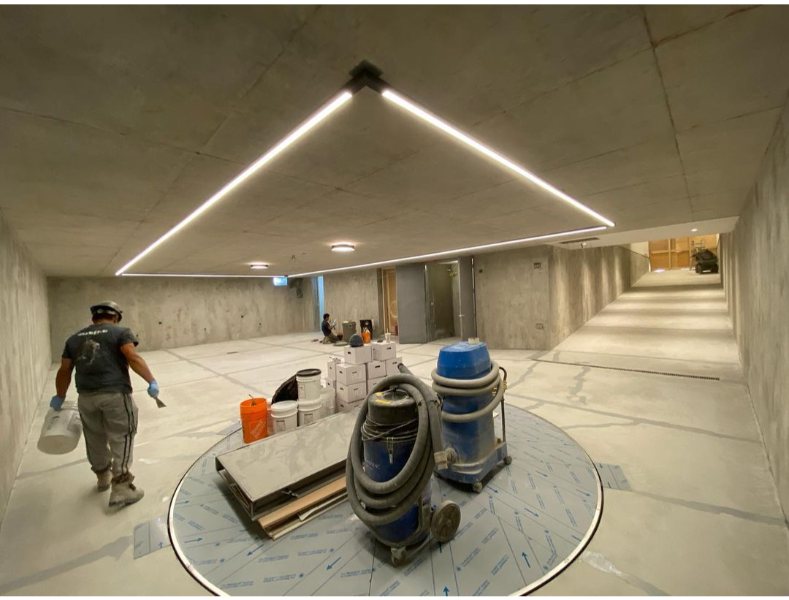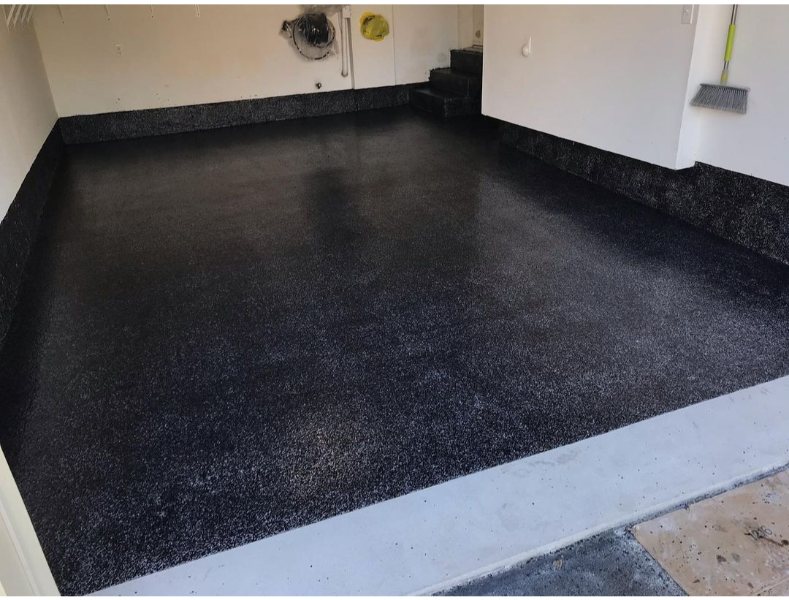Every single industrial flooring is distinct, and that’s why there are numerous alternatives for industrial floor finishes. Your needs can differ depending on the demands of the industrial space and can be influenced by factors such as the level of traffic and the substances or chemicals that may directly connect with the floor.
Some industrial floors demand durable and hard, strong enough to withstand harsh effects and meet job requirements. In contrast, others are economical and require low maintenance. They are suitable for normal usage without any hassle.
Anyway, whether your site flooring sporadically receives light use or more wear than machinery or vehicles and pedestrian traffic, the below-mentioned floorings have the ability to meet these requirements and look fabulous as an added bonus.
Epoxy Flooring:

These coatings have exceptional adhesive properties. Epoxies protect against abrasion and contamination caused by vehicle traffic or foot.
Epoxy floorings are a great choice for manufacturing plants that employ extremely harsh substances in the manufacturing processes. Epoxies are durable, cost-effective, and offer a high intensity of impact resistance as well as anti-skid properties.
Epoxy Coatings’ benefits include impact resistance, chemical resistance, scratch resistance, easy hygiene and cleanliness, high bonding ability, custom clear, and other designer finishes.
This flooring option can be employed in a wide range of textures and colours. Therefore if aesthetics is essential to you, epoxy coatings are a great choice. It provides extra protection from water, abrasions, temperature fluctuations, etc. In addition, to improve safety, a fine layer of urethane can be put on directly over the epoxy’s top.
They may not be suggested for high-temperature functions (over 180). Hence, consult an authorized specialist before choosing an epoxy coating for high-temperature usage and take the service of expert commercial epoxy flooring service providers.
Polyethylene Methacrylate Flooring:
This coating option is also referred to as PMMA because it is officially a synthetic compound rather than that of an organic compound. PMMA cure time is very fast, about 2 to 4 hours. Consequently, industrial settings can go back to work very quickly.
It has numerous benefits such as high stability, high chemical resistance, ultraviolet light resistance, break resistance, slip resistance, rapid treatment, suitable for outdoor use, quick & easy renovation, and some others.
PMMA has a slightly less plastic look than other resins. It’s almost like glass – that’s why people call it acrylic glass. The only drawback is the charges involved because PMMA is substantially more costly than epoxy and other floorings.
Probable applications for this type of floor coatings include scientific and health settings, like pharmaceutical production areas or laboratories. It is also appropriate for some commercial food production but will not withstand heat adequately.

Urethane Cement Flooring:
Urethane Cement is the best flooring option with tremendous thermal shock, abrasion, chemical, resistance, and moisture acceptance properties. It is generally suggested for use at high temperatures, such as hot water.
If we talk about the flooring benefits, they include thermal shock resistance, chemical resistance, abrasion resistance, coping with severe impact situations, smooth floor system, odourless, tolerating temperatures 50 to 250 degrees, and others.
Getting a uniform and even industrial floor not only improves the power of the substrate under the surface but also reduces the possible safety hazards by its non-slip floor.
As well as, even though resilient, urethane cement doesn’t have a glossy look compared to other coatings, however, it is still an excellent choice for new floors, as it adheres well to hard concrete. Moreover, urethane cement flooring is a superb option for manufacturing facilities.
Polyurethane Resin Flooring:
Polyurethane resin flooring is commonly referred to as PU. It resembles epoxy resin, has a plastic-like look, and has many other properties. This flooring is a good choice for rapid curing time or hardening, which shows industrial sites can get back to full operation in just about 5 days.
Polyurethane flooring properties are chemical resistance, temperature resistance, scratch resistance, impact resistance, moisture resistance, slip resistance, absorption resistance, and easy to clean and hygienic
Probably the most distinguishing element of this industrial-grade flooring is temperature resistance. It can resist too low or too much temperature. The disadvantage is that it is challenging to repair and is highly sensitive to moisture without proper installation.
The pros of PU coating make it appropriate for freezers, commercial kitchens, and food production sites. Other potential areas that could take advantage of this floor are bakeries, breweries, or dairy farms.
Polymer Decorative Vinyl (PVA) Flake Flooring:
This flooring is a versatile, durable, and economical alternative that can actually enhance the look of an industrial floor. In addition to meeting the high-performance needs of numerous industrial businesses, it is also effective and easy to maintain.
Flakes are mixed with epoxy to create a textured shape, as it is still resistant to scratches and impact like an epoxy floor coating. There are various colours and combinations to pick from and provide you with the suppleness to define the flake’s density and the coverage of the bearing area.
Tile flooring:
Last but not least, tiles are an adaptable kind of floor, which are offered in endless designs. Some tiles seem like hardwood floors. This type of floor is simple to maintain and can be replaced if cracked.
The advantages of tile flooring include slip resistance, moisture resistance, hygiene, adaptability, texture & colours, scratch & fire resistance, require low maintenance, enhanced beauty of the place, and many others.
The only downside about the tile is that it can be very expensive, and if you are going to install it yourself, it can be a daunting task. Though, if you choose tiles, you will get a flexible, beautiful, and durable floor for your industrial space.

